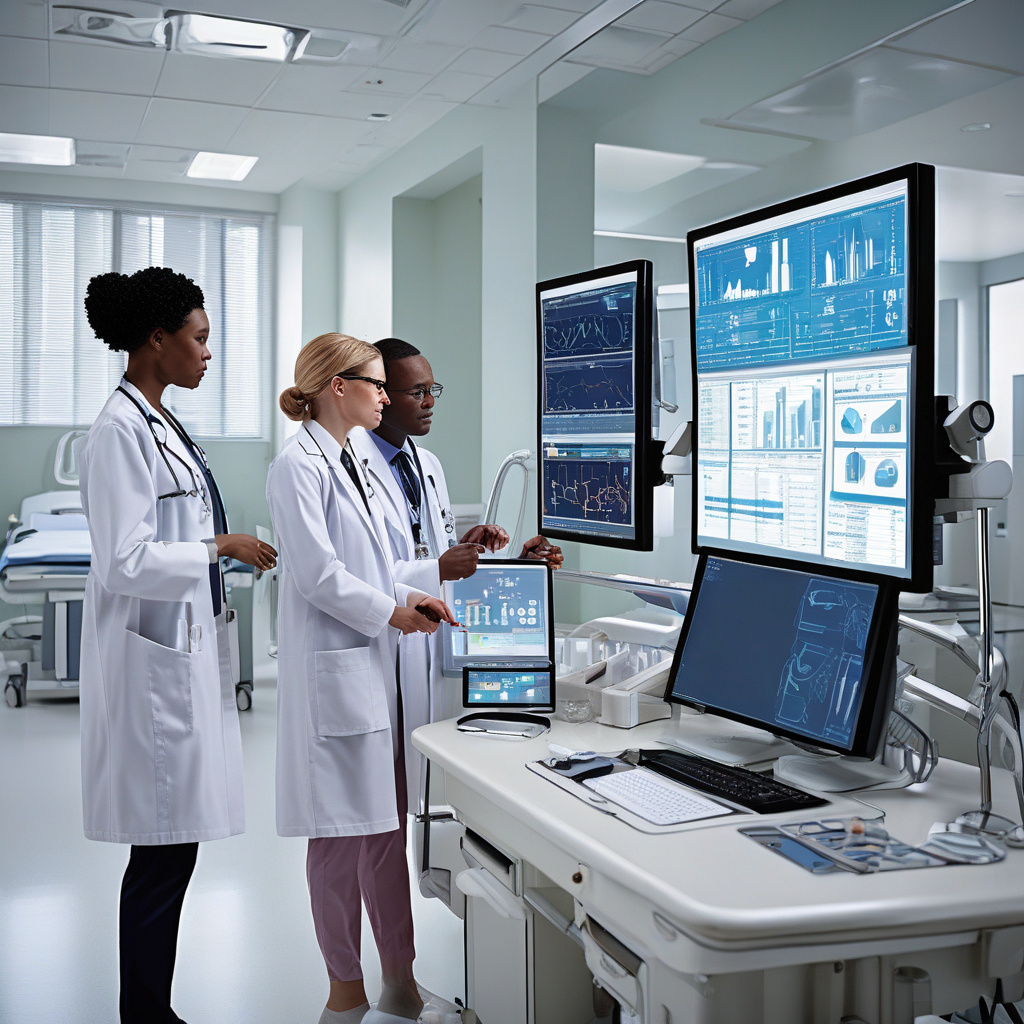AI Model Predicts Sudden Cardiac Death More Accurately
In the realm of healthcare, the integration of artificial intelligence (AI) has been nothing short of revolutionary. From diagnosing diseases to predicting outcomes, AI tools have significantly enhanced the capabilities of healthcare professionals. One such remarkable advancement is MAARS, an AI tool designed for heart risk prediction that is making waves for its ability to detect arrhythmia-related deaths more accurately, particularly in cases of hypertrophic cardiomyopathy.
Hypertrophic cardiomyopathy is a genetic cardiovascular disorder characterized by the thickening of the heart muscle, making it harder for the heart to pump blood. One of the most severe complications of this condition is the risk of sudden cardiac death due to ventricular arrhythmias. Detecting and predicting these life-threatening arrhythmias is crucial for timely intervention and prevention of sudden cardiac death in patients with hypertrophic cardiomyopathy.
Traditional methods of predicting sudden cardiac death in hypertrophic cardiomyopathy patients have relied on a combination of clinical assessment, imaging techniques, and genetic testing. While these methods have proven valuable, they are not infallible and can sometimes lead to false positives or negatives, putting patients at risk.
This is where MAARS steps in with its cutting-edge AI technology. By analyzing vast amounts of patient data, including genetic information, cardiac imaging results, and clinical history, MAARS can identify subtle patterns and trends that may not be apparent to human clinicians. This deep learning capability enables MAARS to provide more accurate predictions of arrhythmia-related deaths in patients with hypertrophic cardiomyopathy.
The key strength of MAARS lies in its ability to continuously learn and improve its predictive accuracy over time. As more data is fed into the system and more outcomes are analyzed, MAARS refines its algorithms to enhance its predictive capabilities further. This iterative process ensures that the AI tool stays up to date with the latest research and findings in the field of hypertrophic cardiomyopathy, offering healthcare providers the most advanced tools for patient care.
The impact of MAARS on the healthcare industry, particularly in the realm of cardiovascular care, cannot be overstated. By providing more accurate predictions of sudden cardiac death in patients with hypertrophic cardiomyopathy, MAARS empowers healthcare providers to intervene proactively and implement life-saving measures. This not only improves patient outcomes but also helps in better resource allocation and healthcare planning.
Furthermore, the success of MAARS in predicting arrhythmia-related deaths in hypertrophic cardiomyopathy cases serves as a testament to the potential of AI in transforming healthcare delivery. As AI technologies continue to evolve and become more sophisticated, we can expect even greater advancements in predictive analytics, personalized medicine, and patient care.
In conclusion, MAARS represents a significant leap forward in the field of cardiovascular risk prediction, particularly in the context of hypertrophic cardiomyopathy. Its ability to provide more accurate predictions of arrhythmia-related deaths showcases the power of AI in augmenting healthcare decision-making and improving patient outcomes. As AI technologies like MAARS continue to advance, the future of healthcare looks increasingly promising, with improved accuracy and efficiency in diagnosing and treating life-threatening conditions.
healthcare, AI, cardiac health, hypertrophic cardiomyopathy, predictive analytics
